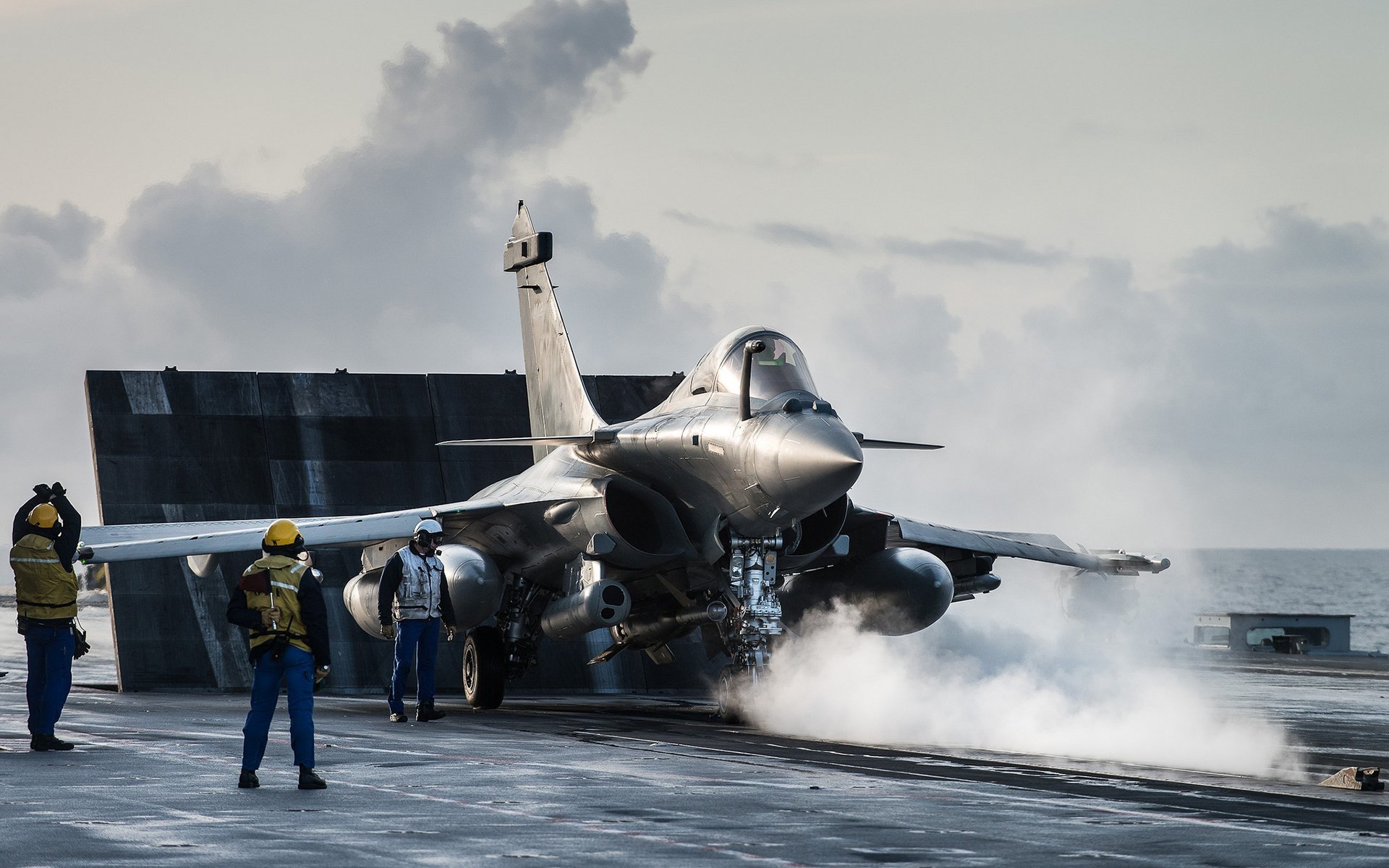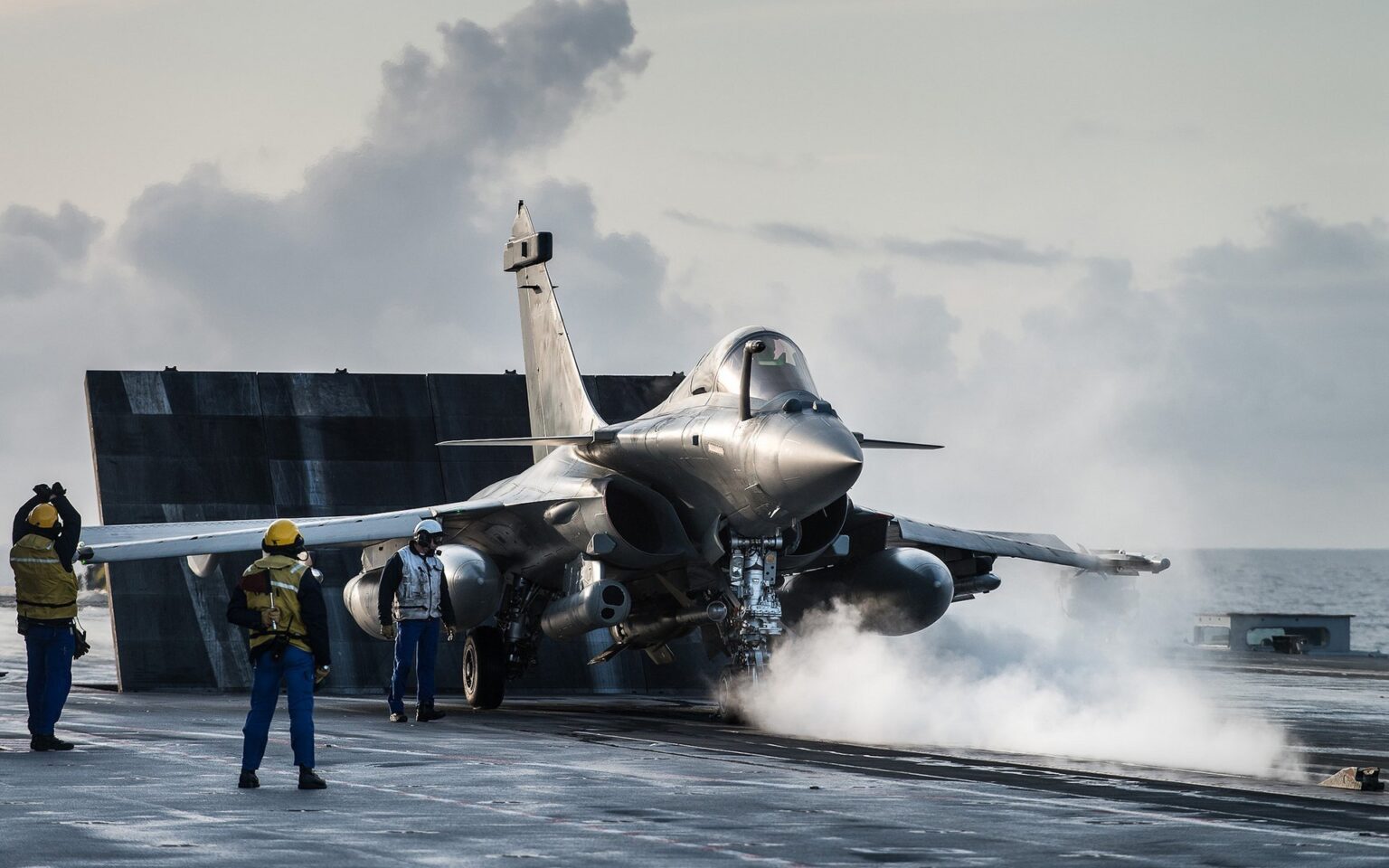
The court declines to employ its considerable powers of judicial review to intervene in the deal’s decision-making process, pricing and the choice of Indian Offset Partner.
The Supreme Court on Friday said it cannot embark on a judicial review into the deal for procurement of 36 Rafale fighter jets on the basis of petitions, which seem to have been spurred by a media interview of former French President Francois Hollande and press coverage alleging “favouritism” by the Narendra Modi government.
“Individual perceptions cannot be the basis of a roving judicial review… The court cannot sit as an appellate authority over each and every aspect of the deal,” Chief Justice of India (CJI) Ranjan Gogoi, who authored the judgment for a three-judge Bench, held.
The court refused to employ its considerable powers of judicial review to intervene in the deal’s decision-making process, pricing and the choice of Indian Offset Partner (IOP). It agreed with the government that judicial review is constricted in matters of defence procurements, inter-govenmental agreements that may be vital to national security.
Decision-making process
The judgment by the Bench, also comprising Justices S.K. Kaul and K.M. Joseph, expressed the court’s satisfaction that there was no occasion to doubt the decision-making process which led to the Inter Government Agreement (IGA) signed on August 24, 2016 between the French and Indian government.
The judgment read out by Chief Justice Gogoi said “minor variations” in the decision-making process should not lead to the setting aside of the contract itself.
The marathon hearings in the court in November had witnessed the government admitting there was no sovereign guarantee from the French government on the 36 Rafale jets’ deal in case the aircraft’s manufacturer, Dassault Aviation, defaulted.
Attorney-General K.K. Venugopal, for the Centre, had however assured there was a “Letter of Comfort” from France, which is as good as a sovereign guarantee. But petitioners like advocate Prashant Bhushan, former Union Ministrs Arun Shourie and Yashwant Sinha had argued that a letter of comfort had no legal sanctity.
It was also brought to fore in the hearings that the Cabinet Committee on Security (CCS) had approved the IGA only well over a year after the Indo-French Joint Statement of April 10, 2015, which the note said, had conveyed an “intent” to acquire the 36 Rafale jets in a fly-away condition “as quickly as possible”. The intent was announced during the Prime Minister’s visit to Paris. The Defence Procurement Procedure (DPP) 2013 mandates that acquisitions worth over Rs. 1,000 crore should be first cleared by the CCS, which is the competent financial authority.
Court restrains from delving deeper
In the judgment, the court however restrained itself from delving deeper. It went on to repeat the government’s claim that the contract was of “financial advantage to the nation”.
Besides, Chief Justice Gogoi recalled how senior IAF officers had told the court about the need for induction of superior fourth and fifth generation fighter jets to gain air superiority.
The court said the negotiations for the revised deal for 36 jets started when the earlier Request for Proposal (RPF) for 126 Rafale jets was all but dead.
“Our country cannot be unprepared… We cannot go into why 36 jets and not 126. We cannot ask the government to go for 126,” the Supreme Court observed.
The court said it could not use the mechanism of judicial review to compare the prices of aircraft between the original RPF of 2007 for 126 jets with Dassault and the present IGA.
The court noted that the explanatory note submitted by the government in the apex court on price details claims there is “commercial advantage” in the purchase of 36 jets. The court noted that the IGA had better terms as regards weapons and specifications.
“We say no more,” Chief Justice Gogoi read out.
Acknowledges government stand
The court acknowledged the government stand that it had no role whatsoever on the choice of the IOP. The vendor, Dassault Aviation, chooses its own IOP.
The court held that there was no substance to the allegation that the government showed any “commercial favouritism” as the choice of IOP was not in the government’s realm.
Mr. Shourie had argued that there was “government interference” in the choice of an IOP. Mr. Shourie had alleged that Reliance Defence, “a company with no defence experience”, was the IOP.
During the hearings, the court had questioned the government’s stand about having no “role” in Dassault’s choice of an Indian Offset Partner (IOP). An amendment in the Offset Policy, which allows “no offset obligations” for the first three years of a contract, had also come under the spotlight. According to the current offset contract, Dassault needs to inform the Centre about its IOP only by October 2019.
The court had questioned the legality of the retrospective amendment and asked that the formal proposal indicating details of IOPs and products for offset discharge should have been part of the main procurement proposal.
The judgment came on a batch of petitions for an independent court-monitored CBI/SIT investigation into the deal.




